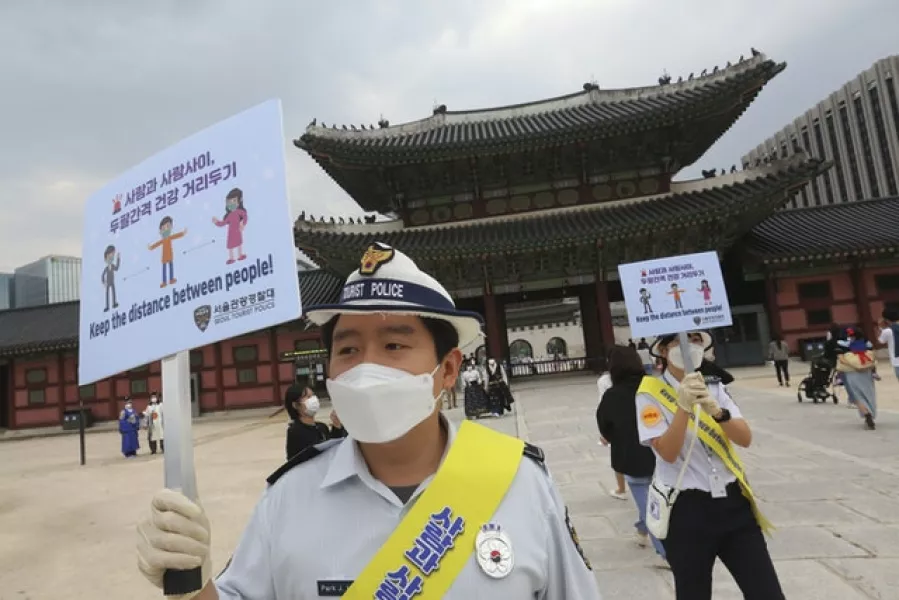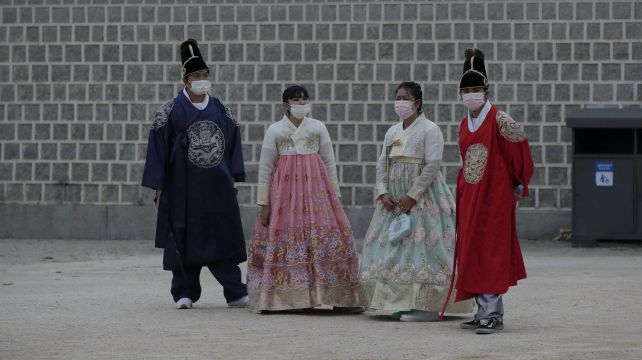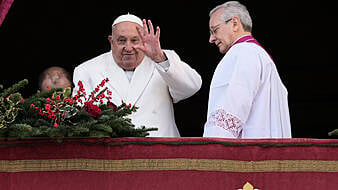The figures released by the Korea Disease Control and Prevention Agency on Monday brought the national caseload to 24,164, including 422 deaths.
Fifty-one of the new cases were reported from the greater capital area, where health workers have scrambled to stem transmissions tied to various places, including churches, hospitals, schools, restaurants and workplaces.
The newest cluster of infections in the region is an army unit in Pocheon, north of capital Seoul, where more than 30 troops have so far tested positive.

The KDCA said nine of the new cases were linked to international arrivals, including passengers from the United States, Poland, Britain, Russia and Uzbekistan.
There is a possibility that the downward trend in confirmed infections is related to the fewer tests that were conducted during the five-day Chuseok harvest holiday.
The country’s health minister Park Neung-hoo during a virus briefing on Monday urged people who experience fever or other symptoms after travelling during the period get tested immediately.
Mr Park said usage of express buses and rail services declined by more than 40% during the holiday break compared to last year as officials pleaded that people stay home to help slow transmissions.







